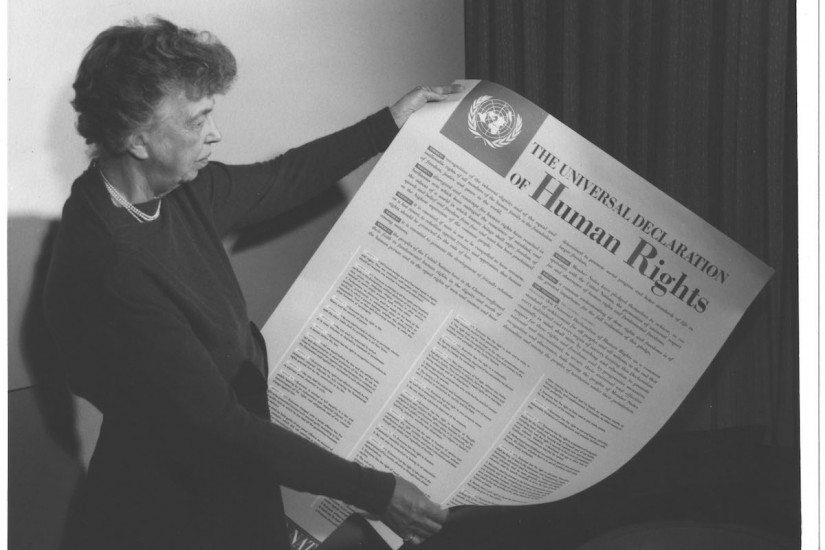Not Enough inserts itself into these questions by shifting its gaze back from the 1970s to the 1940s, and asking a rather peculiar, negative, and fiendishly difficult to answer question: why, in that great postwar moment of national solidarity and debt to the war-fighting working classes, as national welfare states were vastly expanded, did an ethos of equality not get permanently institutionalized in any country, much less at a transnational level? Here Moyn introduces the key distinction on which his book rests, a contrast between two different ethical principles that apply across a series of different domains, both economic and political: an ethos of equality versus an ethos of sufficiency. An ethos of equality asserts that a just moral order depends on everybody more or less having the same amount of the “good things in life,” including material goods but also things like dignity and political power. By contrast, an ethos of sufficiency is unconcerned with relative endowments, instead making sure that every individual meets some minimal threshold with respect to the goods in question.
Moyn argues that both the discourse of human rights and justifications for the development of welfare states in the 1940s were blurry on this distinction. While there were certainly some who stumped for egalitarianism (the British socialist politician and intellectual Harold Laski makes a couple of quietly heroic cameos in the book), Moyn argues that part of the motive for metropolitan-building welfare states was precisely to avoid directly confronting the sufficiency-versus-equality conundrum by raising the minimum floor of social provisioning to a level where the differences between the worst and best off would be, if not irrelevant, then at least politically neutralized. The failure to establish egalitarianism as the foundational ethic of the welfare state at the moment of its creation, however, left the door open for the vengeful return of inequality starting in the 1970s. And by then, the now-truncated conception of human rights was simply not enough to hold back the revanchism of financialized and globalized capitalism that would engulf the last quarter of the 20th century.
